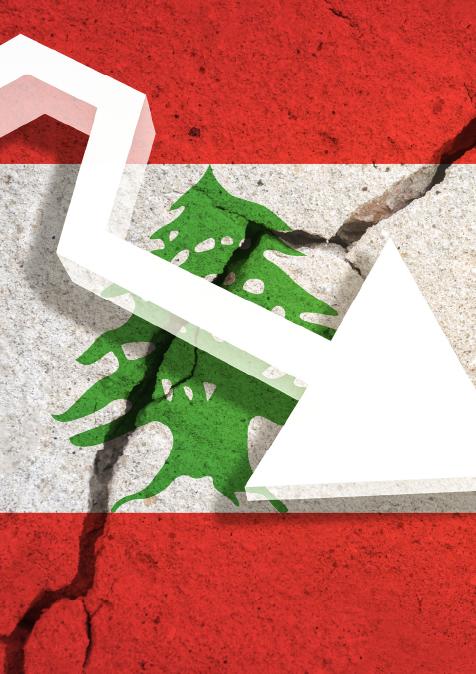Podcasts
The Nuclear situation in Iran, transatlantic relations, and economic and political shifts in Latin America
27
April
2018
Related topics:
In this podcast, our senior fellow Marcus Vinicius de Freitas discusses the Iranian nuclear deal, transatlantic relations - namely the relations between Brazil and African countries - and delves into the economic and political shifts in Latin America.







